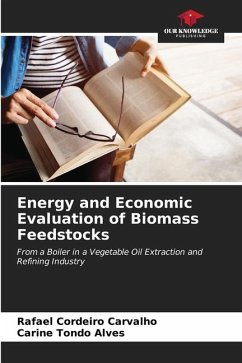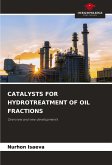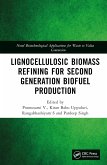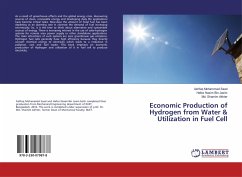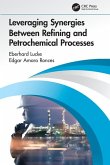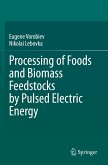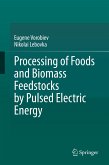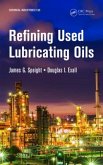Most industries use the production of steam, superheated from a given fuel, as a mechanism for generating thermal energy. Improving the efficiency of industrial steam production has a direct impact on the consumption of these natural resources. The general aim of this research is to carry out an energy assessment and propose economic improvements to the biomass fed into the boiler at a vegetable oil extraction and refining industry located in the Feira de Santana region. In order to investigate the economic viability of a possible change in the biomass that feeds the boiler, calculations were carried out according to the thermodynamics of the reactions involved in this process. In order for a possible biomass exchange process to be considered economically viable, the cost of purchasing the biomass to be replaced must be lower than the current cost. Another factor that required economic analysis was the form of discount for eucalyptus chips. The simulations carried out to improve the biomass discount methodology were considered successful and can be used by the industry on a scientific basis.
Bitte wählen Sie Ihr Anliegen aus.
Rechnungen
Retourenschein anfordern
Bestellstatus
Storno

